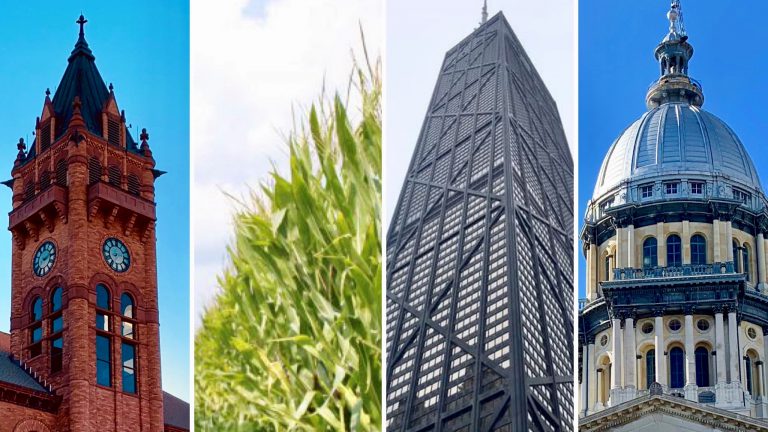IL House GOP Slams Governor On Handling Of Unemployment Claims
CHICAGO – Illinois House Republicans in a press conference Monday said Gov. J.B. Pritzker’s administration has not done enough to address the tsunami of unemployment insurance claims from recent weeks. “I believe the state of Illinois has failed those Illinoisans who have been left out, that were cut out as nonessential but they have not been able to survive and also rely upon the state of Illinois through [the] Department of Unemployment [sic] Security,” House Republican Leader Jim Durkin of Western Springs said. A few hours later, during his daily briefing, Pritzker said IDES has been processing claims as fast as it can. Employees have logged 6,500 hours of overtime, and retired employees have returned to work. That department has also increased its phone capacity by 40 percent and has been working with technology companies to create a web bot that can respond to frequently asked questions. Maureen Foertsch McKinney – NPR Illinois
Employers Say Emergency Rule Will Burden Industries
CHICAGO – A group of Illinois employers say they are not happy with recent changes to the state’s workers compensation rules. Under an emergency rule adopted by the Illinois Workers’ Compensation Commission, essential workers who fall ill with COVID-19 are automatically assumed to have contracted it at their workplace, even if they work from home. That means they may qualify for workers compensation. Gov. Pritzker said these rules would give essential workers a safety net by, “ensuring that their workers’ insurance covers them if they contract COVID-19 while they’re on the job.” Groups representing Illinois employers, like the Chicagoland Chamber of Commerce, said the rule change will require employers to pay for medical expenses and salary benefits without proof that the illness was contracted at the workplace. In a statement, those groups said the emergency rule will burden industries already waiting on federal and state help with extra costs. – Mike Smith, NPR Illinois
Two More COVID-19 Deaths Among Decatur Care Facility Residents
DECATUR – Officials in Macon County say two more residents of Fair Havens Senior Care in Decatur have died after contracting COVID-19. The Macon County Health Department reported Monday night that the two residents were a man in his 80s and a woman in her 70s. A total of three Fair Havens residents have now died after testing positive for COVID-19. Earlier Monday, officials reported six more confirmed cases of COVID-19 among residents or employees at Fair Havens. A total of 31 COVID-19 cases have now been reported among the facility’s workers and residents over the past week — including the three deaths. – Jim Meadows, Illinois Newsroom
Bloomington Extends Broadened Package Liquor Rules To Clubs
BLOOMINGTON – Club organizations like the VFW can now offer delivery and curbside pickup of alcohol in Bloomington. The City Council granted the permission during its virtual meeting Monday night, voting to modify the local emergency order approved on March 26. The amendment extends the temporary curbside and delivery alcohol allowance for restaurants and bars to club liquor license holders during the state’s shelter-in-place directive. With the revised alcohol policy, the original emergency declaration will remain in effect for repeated 28-day periods until it is repealed. It will appear on every City Council agenda so a repeal can be considered as soon as the pandemic subsides. – Joe Deacon, WGLT
Peoria Faces Stark Budgeting Choices In Wake of COVID-19
PEORIA – The COVID-19 economic shutdown threw the city of Peoria’s once-balanced $218 million budget out of whack. City manager Patrick Urich said lost revenues from taxes and fees will require the city to cut or borrow at least $31.5 million this year if the economy reopens May 1, as the governor’s current stay-at-home executive order prescribes. He said it will likely include both cuts and short-term borrowing, as the cuts-only option would require the city to lay off 70 percent of its workforce. That would include police officers, firefighters, and 911 dispatchers. – Tim Shelley, WCBU

